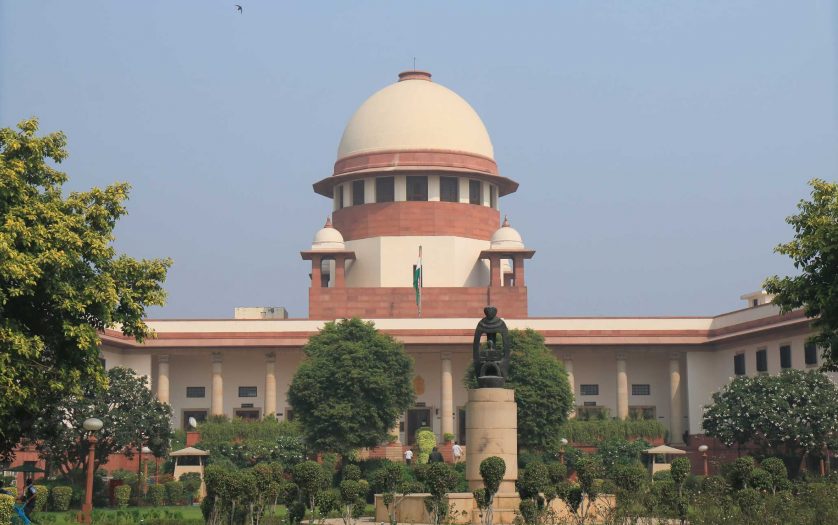
The Supreme Court in India has issued many directives to make the criminal justice system more accessible for people, especially women, with disabilities.
The top court said that for many disabled women and girls in India, the threat of violence is an unfortunate fixture of their lives, denying them their constitutionally guaranteed freedom to move freely and curtailing their ability to lead full and active lives.
“This threat of violence can translate into a nagging feeling of powerlessness and lack of control, making the realization of the promises held by the Constitution a remote possibility for women with disabilities,” the court said.
A bench of Justices DY Chandrachud and MR Shah said changes in the law mark a significant step forward, but much more work still needs to be done.
One directive asked the National Crimes Record to seriously consider the possibility of maintaining disaggregated data on gender-based violence.
“Disability must be one of the variables on the basis of which such data must be maintained so that the scale of the problem can be mapped out and tailored remedial action can be taken.”
“Police officers should be provided sensitization, on a regular basis, to deal with cases of sexual violence against women with disabilities, in an appropriate way. The training should cover the full life cycle of a case involving a disabled survivor, from enabling them to register complaints, obtain necessary accommodations, medical attention and suitable legal representation,” the bench said.
Another directive stated that training should emphasize the importance of communicating directly with the person with a disability, as opposed to speaking to their caregiver or helper.
The top court also directed the National Judicial Academy and state judicial academies to provide judges with sensitivity training to deal appropriately with cases involving survivors of sexual abuse with disabilities.
“This training should acquaint judges with the special provisions, concerning such survivors, such as those outlined above. It should also cover guidance on the legal weight to be attached to the testimony of such witnesses/survivors, consistent with our holding above,” the bench said.
The top court said that all members of the legal system should also undergo similar training and added that the Bar Council of India should introduce courses that cover these topics in its Law school.
“Trained special educators and interpreters must be appointed to ensure the effective realization of the reasonable accommodations embodied in the Criminal Law Amendment Act, 2013.”
“All police stations should maintain a database of such educators, interpreters and legal aid providers, in order to facilitate easy access and coordination,” the bench said.
The top court also said that awareness-raising campaigns must be run, in accessible formats, to inform women and girls with disabilities, about their rights when they experience sexual abuse.








